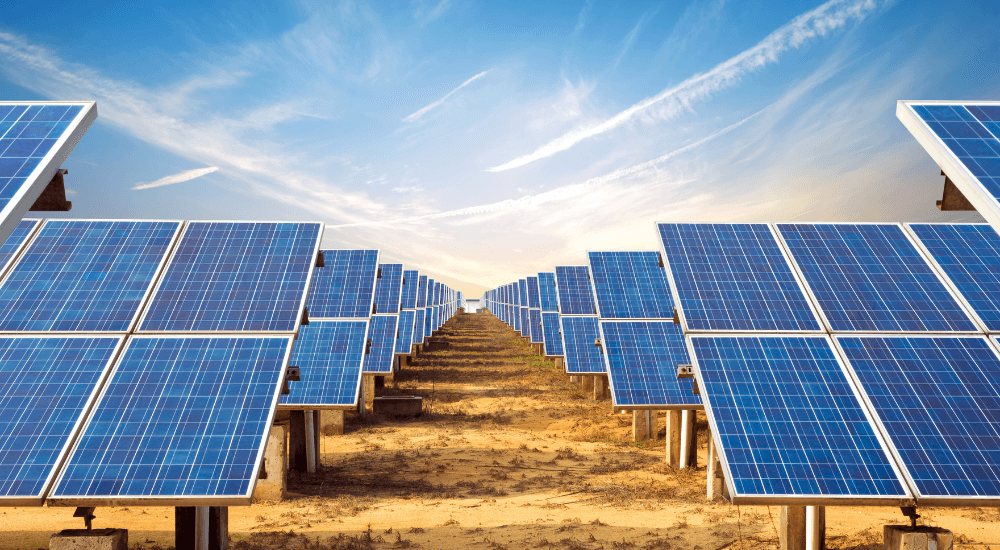The power generation efficiency of solar panels can be affected by outdoor temperature. Generally, solar panels are designed to operate within a certain temperature range, and variations outside of that range can impact their efficiency.
- Temperature Coefficient: Solar panels have a parameter known as the temperature coefficient, which indicates how much their efficiency decreases as the temperature increases. Most solar panels experience a reduction in efficiency as temperatures rise. This is because the materials within the panels become less conductive at higher temperatures, causing electrons to move less freely and reducing overall electricity generation.
- Cooler Temperatures: While solar panels generally work more efficiently in cooler temperatures, extremely cold temperatures (below freezing) can potentially lead to issues like frost or snow accumulation on the panels, temporarily reducing their efficiency until the snow or frost melts or is removed.
- Overheating: On the other hand, solar panels that become excessively hot due to high outdoor temperatures can experience a decrease in efficiency. Excessive heat can lead to a phenomenon called “thermal degradation,” where the performance of the solar cells gradually deteriorates over time.
- Temperature Management: Some advanced solar panel technologies incorporate temperature management features to dissipate excess heat and maintain optimal operating temperatures. This can help mitigate the negative effects of temperature on efficiency.
- Angle of Incidence: The angle at which sunlight hits the solar panels can also be affected by temperature changes. In some cases, the change in angle due to thermal expansion can impact the overall energy capture efficiency.
In summary, temperature can indeed affect the power generation efficiency of solar panels. Manufacturers take these factors into account when designing panels, and system installers consider local climate conditions when planning installations. While efficiency reduction due to temperature is a consideration, it’s important to note that solar panels can still generate electricity even in varying temperatures and weather conditions, making them a versatile and sustainable energy source.


